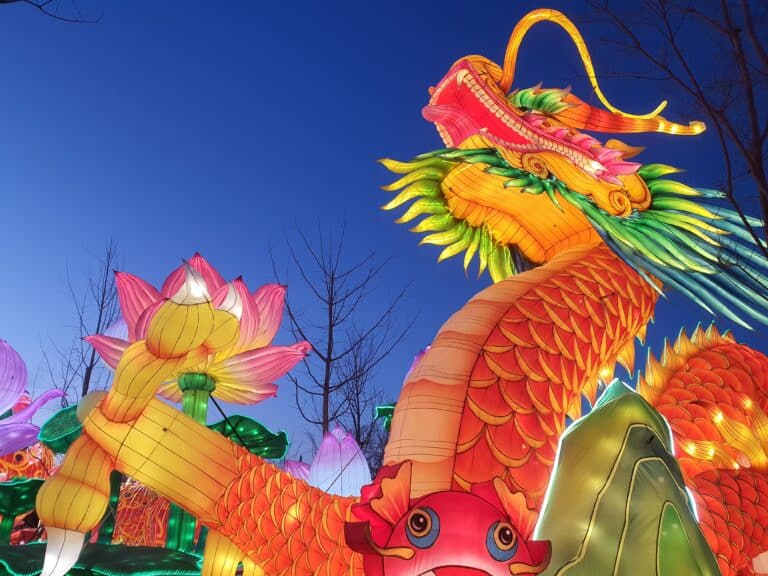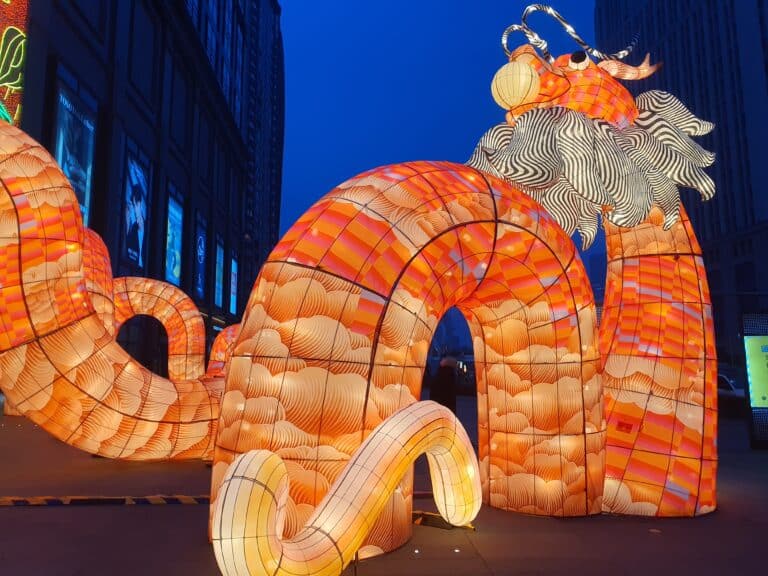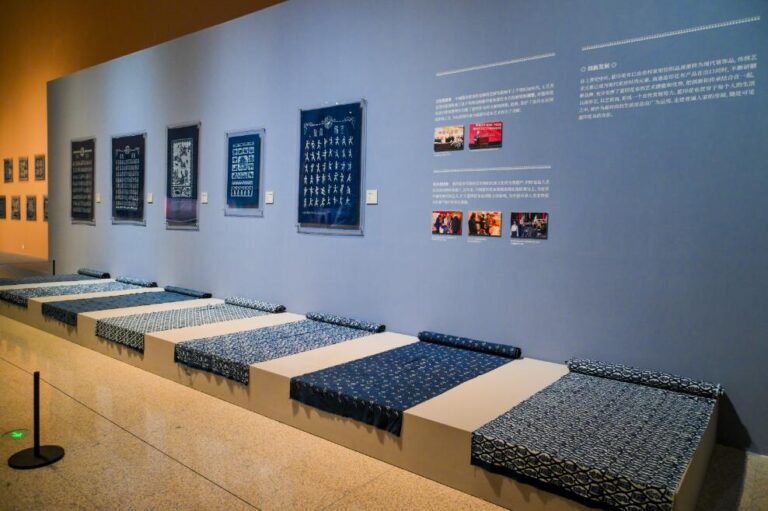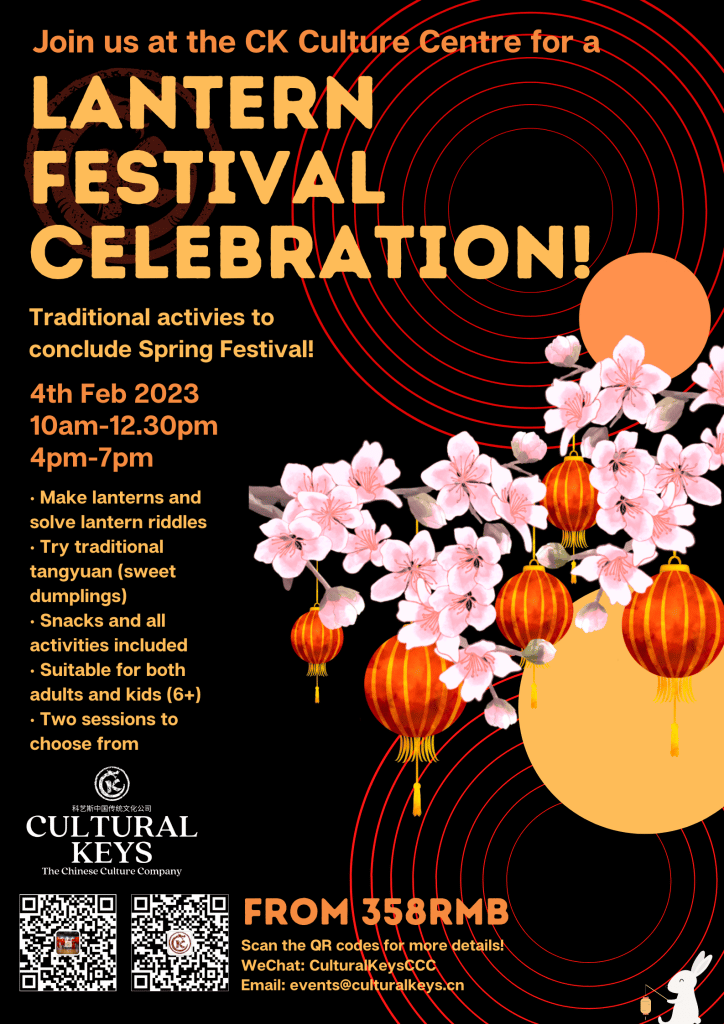It’s Guizhou Week across CK’s social media! Guizhou cuisine isn’t as famous as other Chinese cuisines like Beijing, Guangdong or Sichuan – for example, did you know it’s called Qian Cuisine? (Qian 黔 is the abbreviation of Guizhou.)
One of the most famous dishes in Qian Cuisine is Kaili sour soup fish 凯里酸汤鱼(Kai Li Suan Tang Yu). Let’s find out more about this dish!

The soup is named after the city of Kaili.
Kaili City is also known as “China’s Miao and Dong Medicine and Health Capital”(Miao and Dong are ethnic minorities living in Guizhou). It is said that the longevity of the local residents can be attributed to their diet.
Locals believe sour food like this soup is good for your health
There is a famous saying in Kaili, “三天不吃酸,走路打捞蹿”; “If you don’t eat sour food for three days, you will hobble”. In ancient times the region lacked salt and oil, and the people who lived in the mountains found not only that sour flavours made up for this lack, but that eating sour soup could give people more energy.
The Miao lived in in such a harsh, remote region because they lost a battle, and this influenced their cuisine.
At the Battle of Zhuolu, fought between the Jiuli Miao and the Huaxia people led by Emperor Yan and Emperor Huang, the leader of the Jiuli was killed, and the survivors and their families fled south to the Yangtze River and lived in seclusion in the deep mountains and forests, far from the city and in a region without salt or land suitable for growing rice. They learned to rely on wild vegetables and fruits to feed themselves. In this way the Miao people learned that sour flavours could replace salty ones.

A grieving lover discovered the soup
According to legend, in ancient times on Miaoling Mountain there lived a beautiful girl named Ana who brewed excellent mountain spring wine. A fisherman called Awa lived by the river at the foot of the mountain. They sang mountain songs to each other for 49 days, and gradually fell in love. But Ana was forced to marry an evil landowner instead of Awa. Ninety-one days later, on the Qixi Festival, Ana died of grief. The grief-stricken Awa took the wine Ana had brewed and boiled the fish he had caught in it to pay homage to her. To his surprise, the fish became sour but tasty. Then he tied himself to a heavy boulder and threw himself into the river. Later, in order to commemorate the lovers, people cooked fish in sour soup every Qixi Festival and it gradually became a popular delicacy in the region.
Nothing was wasted in traditional Chinese cuisine!
The original sour soup was prepared with the ‘tail wine’ (the dregs of the wine remaining after the process of distillation) and it became sour after natural fermentation. Nowadays fermented rice soup is used as a base.
Have you tried Kaili sour fish soup? Where’s the best one you’ve tried from? Let us know in the comments below. We would love to hear your thoughts and insights on traditional Chinese culture!

Photo Credits
– Xiao Meng; Pentium_Six via Flickr.
Contact Us
Stay up-to-date with the latest offers, information and events from Cultural Keys. Follow our Official WeChat Account by scanning the QR code (click for larger image), or follow us on Facebook, Instagram or LinkedIn to be the first to know!
For more information about anything on this page, or for more information about Cultural Keys, please contact us or use the form below to let us know your specific requirements.
Recent Posts
Mouseover to see left and right arrows
Upcoming Events
Mouse-over to see left and right arrows
About Cultural Keys Chinese Culture Company
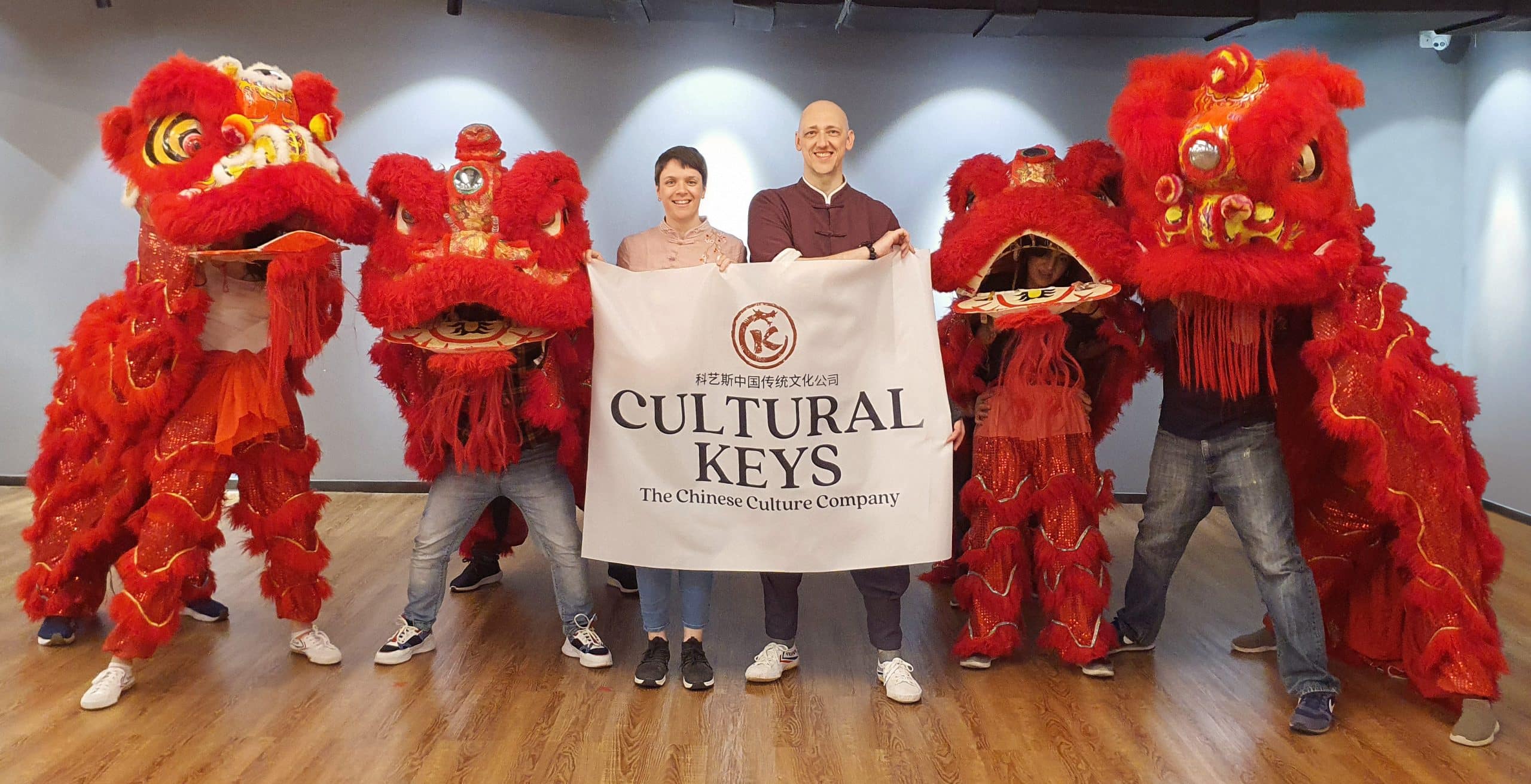
Cultural Keys helps you access, understand and enjoy life in China through traditional Chinese culture. Click here to read more about Cultural Keys and what we can do for you, your school, company or group to help you get more out of your time in China!




